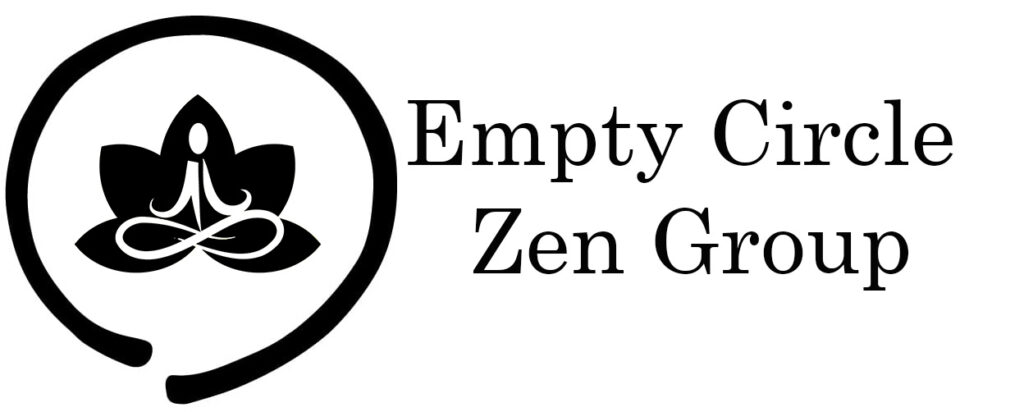The Five Precepts are ethical guidelines in Buddhism that promote harmlessness, compassion, and integrity. By observing these principles, we create a foundation for personal growth and reduce the causes of suffering for ourselves and others. These precepts are not about strict rules; rather, they invite us to live with greater awareness and kindness. Here’s how each precept can be applied to enhance our lives:
1. Not to Kill – This precept emphasizes respecting all forms of life. Practicing it means extending compassion and care toward others, animals, and the environment. By avoiding harm, we cultivate a mindset of kindness and empathy. Simple changes, like reducing our consumption of meat, practicing kindness in our interactions, or being mindful of our impact on nature, strengthen our sense of connectedness and compassion, bringing more peace to our lives.
2. Not to Steal – This precept goes beyond refraining from taking material items; it encourages respecting the rights, boundaries, and well-being of others. Practicing generosity and honesty in all areas of life helps foster trust and harmony in relationships. Whether it’s acknowledging others’ ideas, giving credit, or helping those in need, the spirit of non-stealing enhances our integrity, bringing a sense of satisfaction and abundance.
3. Not to Engage in Sexual Misconduct – This precept encourages respecting boundaries in our intimate relationships, fostering trust and genuine connection. Practicing healthy, consensual, and honest relationships promotes respect and reduces misunderstandings or harm. It supports us in creating relationships based on mutual care, responsibility, and kindness, which enrich our emotional well-being and contribute to lasting happiness.
4. Not to Lie – Truthfulness is the foundation of trustworthy relationships. By committing to honesty, we foster openness and understanding. This doesn’t mean harshly stating everything on our minds; rather, we practice thoughtful, compassionate speech. Truthfulness reduces conflicts, misunderstandings, and the stress that comes with dishonesty, creating a space for authentic and meaningful connections.
5. Not to Use Intoxicants – This precept promotes clarity and mindfulness. Avoiding intoxicants allows us to see life with a clear mind, making it easier to handle challenges, make sound decisions, and cultivate inner peace. By practicing moderation or abstaining from substances that cloud our judgment, we gain control over our actions and reactions, enhancing our self-awareness and resilience.
By observing the Five Precepts, we nurture personal integrity and cultivate an environment of non-harm. These guidelines support us in avoiding actions that lead to suffering, making room for happiness, peace, and harmony in our lives and relationships. When we apply these principles daily, we enhance our inner well-being and contribute positively to the world around us.
Author
-

David Schmelzer is a Dharma teacher known for his compassionate and accessible approach to mindfulness and spiritual growth. Drawing on years of experience in both Eastern and Western contemplative traditions, David guides students toward cultivating inner peace, resilience, and a deeper connection to the present moment. He is committed to fostering a welcoming space for all, blending ancient teachings with insights for modern life. Through his teachings, David encourages the development of equanimity and compassion, empowering individuals to embrace life’s challenges with a calm mind and an open heart.
View all posts


